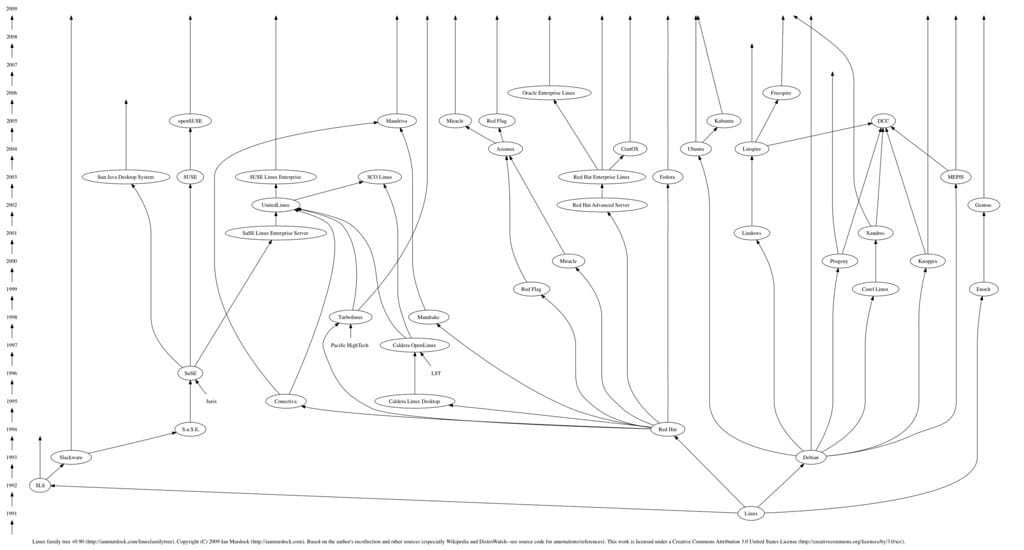Arch Linux Under Siege: Popular Distribution Battles Persistent DDoS Campaign
The community-driven Linux distribution faces its biggest infrastructure challenge yet as attackers target critical servers with sustained distributed denial-of-service attacks.
Arch Linux, one of the most beloved distributions in the Linux community, is currently weathering a storm of coordinated cyberattacks that have disrupted access to essential services for users worldwide. The ongoing distributed denial-of-service (DDoS) campaign has forced the project's infrastructure team into crisis mode, highlighting the vulnerabilities facing open-source projects that millions depend on daily.
The Attack Unfolds
The assault on Arch Linux's infrastructure began earlier this week, with users reporting intermittent access issues to the project's official website, package repositories, and community forums. What initially appeared to be routine server maintenance quickly escalated into a full-scale DDoS attack targeting multiple critical endpoints simultaneously.
Arch Linux developers confirmed the attacks through official channels, describing them as "sophisticated" and "persistent." The attackers have employed a rotating arsenal of techniques, including volumetric attacks designed to overwhelm bandwidth and application-layer attacks targeting specific services like the package manager and build systems.
"This isn't your typical script kiddie operation," explained one infrastructure team member who requested anonymity. "The attackers are demonstrating knowledge of our systems and are adapting their methods as we implement countermeasures."
Impact on the Community
The timing couldn't be worse for Arch Linux's estimated 1.5 million users worldwide. The distribution, known for its rolling release model and cutting-edge packages, sees thousands of system updates daily through its package manager, pacman. When repository mirrors become inaccessible, users face everything from minor inconveniences to complete system lockouts during critical updates.
Software developers and system administrators who rely on Arch for their daily workflows have been particularly affected. Several major technology companies that use Arch in their development environments have reported productivity impacts, with some teams temporarily migrating to alternative distributions while the attacks persist.
Technical Response and Mitigation
The Arch Linux team has implemented a multi-layered defense strategy to combat the ongoing assault. This includes partnering with content delivery networks (CDNs) to distribute traffic load, implementing more aggressive rate limiting, and working closely with hosting providers to identify and block malicious traffic sources.
Repository mirrors—community-maintained servers that distribute Arch packages globally—have become crucial lifelines during the attack. The distributed nature of Arch's mirror network has provided resilience, though some regional mirrors have also reported targeted attacks.
"We're treating this as a learning experience," noted Levente Polyak, an Arch Linux developer. "Every attack vector we identify and counter makes our infrastructure more robust for the future."
The Broader Security Landscape
This attack on Arch Linux reflects a troubling trend targeting open-source infrastructure. In recent years, similar attacks have affected other major projects including Python Package Index (PyPI), npm, and various GitHub repositories. These incidents underscore the critical importance of open-source projects in the modern technology ecosystem and their attractiveness as targets for malicious actors.
The motivation behind the Arch Linux attack remains unclear. While some DDoS campaigns are financially motivated—seeking to extort ransom payments—others may be politically driven or simply the work of actors seeking to disrupt widely-used services for notoriety.
Community Rallies Support
True to form, the Arch Linux community has responded with characteristic resilience and ingenuity. Users have organized informal communication networks through alternative channels, shared workarounds for accessing repositories, and even crowdfunded additional infrastructure resources to help weather the storm.
The attack has also sparked broader conversations about funding and supporting critical open-source infrastructure. Unlike commercial software companies with dedicated security teams and unlimited resources, projects like Arch Linux operate primarily through volunteer contributions and modest donations.
Looking Ahead
As the situation continues to evolve, the Arch Linux team maintains cautious optimism about their defensive measures. Recent reports suggest that service availability has improved, though the team warns that full stability may still be days away.
This incident serves as a stark reminder that the open-source projects we depend on daily operate with limited resources against increasingly sophisticated threats. For the millions who rely on Arch Linux's bleeding-edge approach to Linux distribution, the current crisis highlights both the project's importance and its vulnerability in an increasingly hostile digital landscape.
The resolution of this attack will likely influence how other open-source projects approach infrastructure security, potentially reshaping the defensive strategies employed across the entire ecosystem.

